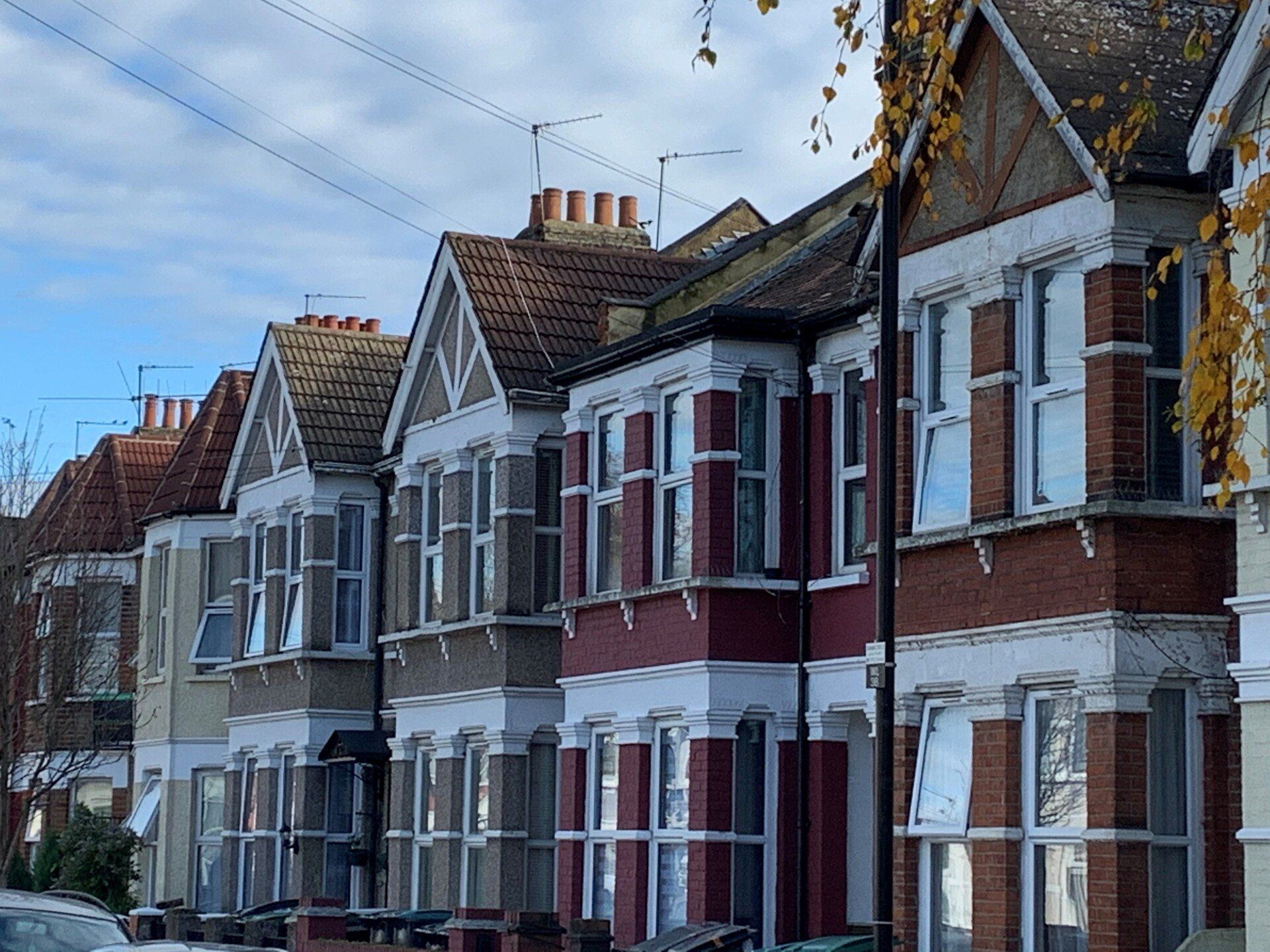Preventing and Resolving Disputes in Relation to Party Walls
Home renovations and construction projects can often bring neighbours closer—or create tension. One of the most common sources of disagreement during building work is the party wall. Disputes can arise over rights, boundaries, noise, structural impact, or poor communication. However, with the right knowledge and preparation, you can prevent and resolve party wall disputes smoothly and legally.
In this article, we will explore how to avoid and manage conflicts involving party walls, understand your responsibilities under the Party Wall etc. Act 1996, and learn how a party wall surveyor can help keep things on track.
What Is a Party Wall?
A party wall is any wall shared between two properties. This can include:
- A wall that stands astride the boundary line between two properties (a shared wall).
- A wall that is on one person’s land but is used by the neighbour to support their structure.
- A boundary wall or garden wall between two properties.
When someone wants to carry out work that affects a party wall—like extending their home, cutting into the wall, or digging foundations nearby—they must follow a legal process defined under the Party Wall etc. Act 1996.
Common Causes of Party Wall Disputes
Understanding the potential flashpoints is the first step in preventing issues. Disputes commonly arise over:
Lack of Notice: Not giving proper notice of planned work under the Party Wall Act.
Structural Concerns: Fears that the work may cause damage or affect the integrity of the party wall.
Noise and Nuisance: Concerns over drilling, dust, or the timeframe of construction.
Property Damage: Cracks, movement, or water ingress caused during or after construction.
Unclear Boundaries: Disagreements over where the actual boundary lies.
Access Issues: Arguments about the right to enter neighbouring property to carry out work.
Preventing Party Wall Disputes
Proactive communication and adherence to legal responsibilities are essential. Here's how to reduce the risk of conflict:
1. Know the Law
If you're planning work that might affect a shared wall, you must serve a Party Wall Notice. This applies to:
- Building on or near a boundary.
- Carrying out work on an existing party wall.
- Excavating near a neighbouring structure.
Failure to serve notice can result in legal delays, neighbour hostility, or even injunctions halting your work.
2. Serve Proper Notice
The Party Wall Act requires at least two months’ notice for most work. Notices should include:
- The details of the planned work.
- The start date.
- Contact details of the building owner.
This allows neighbours time to consider and respond.
3. Maintain Clear Communication
A friendly chat with your neighbour before serving notice can go a long way. Explain the work clearly, show them your plans, and address their concerns. This builds trust and reduces the likelihood of formal objections.
4. Use a Qualified Party Wall Surveyor
If your neighbour consents, you can proceed without a surveyor. However, if they dissent or don't respond, appointing a party wall surveyor is legally required. In more complex cases, both parties appoint separate surveyors or agree to a single “Agreed Surveyor”.
Resolving Party Wall Disputes
Even with the best intentions, disputes may still arise. Here’s how the process works under the law.
1. Dissent from Notice
If your neighbour dissents to the notice, or fails to respond within 14 days, a dispute is deemed to exist. At this point, both parties must appoint surveyors to resolve the issue.
2. Party Wall Award
The surveyors will draw up a Party Wall Award, which sets out:
- The scope and timing of the work.
- Measures for protecting the neighbouring property.
- Access rights for workers.
- Schedules of condition (before and after photos/reports).
Once agreed, this award is legally binding.
3. Appealing the Award
If either party is unhappy with the award, they may appeal to the county court within 14 days. It’s recommended to seek legal advice before doing so.
4. Resolving Damage or Compensation
If damage occurs, the neighbour has the right to:
- Request immediate repair.
- Claim compensation.
- Hold back part of the final payment until work is made good.
The Party Wall Award typically covers these scenarios and sets out the resolution procedure.
When to Appoint a Party Wall Surveyor
You should consider appointing a surveyor if:
- The work is extensive or near sensitive structures.
- The neighbour is uncooperative or has expressed concern.
- You want to protect yourself legally in case of future claims.
A party wall surveyor is independent and works to ensure that both parties are treated fairly. Their expertise is essential for complex work, such as basement conversions, loft extensions, or major structural changes.
Tips for Smooth Party Wall Relationships
- Get Written Agreements: Even if your neighbour consents, it’s wise to get their permission in writing to avoid misunderstandings.
- Share Progress Updates: Keep your neighbour informed as the project unfolds. Updates on timelines, noise, or access can help avoid frustration.
- Document Everything: Maintain clear records, including signed notices, photos, and communications.
- Respect Boundaries: Don't store materials or enter their property without permission.
- Handle Issues Promptly: If concerns arise, address them quickly. Ignoring or dismissing complaints can escalate matters.
The Role of Mediation and Legal Advice
If the situation escalates beyond the scope of surveyors or communication breaks down completely, mediation may be a useful option. Trained mediators can help both parties reach a resolution without going to court.
In extreme cases, legal advice or even a solicitor may be required, especially if:
- There is structural damage.
- Boundaries are legally disputed.
- Access rights are being denied.
Party wall disputes don’t have to turn neighbours into enemies. With a strong understanding of the Party Wall etc. Act 1996, early communication, and professional support, most conflicts can be prevented or resolved calmly and fairly.
The key is respect, clarity, and compliance. Always serve proper notice, consider your neighbour's concerns, and document every step. When in doubt, consult a qualified party wall surveyor to guide the process and protect everyone's interests.
If you’re planning work near a party wall or facing a dispute, don’t wait for problems to escalate. Seek professional advice and resolve the matter before it delays your project or damages your neighbourly relationship.
For more information call Adam Joseph Chartered Surveyors at 020 3875 9279 or email us.










